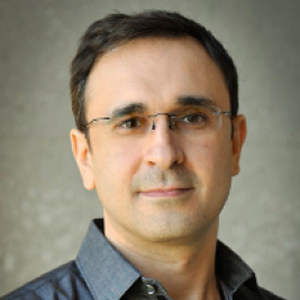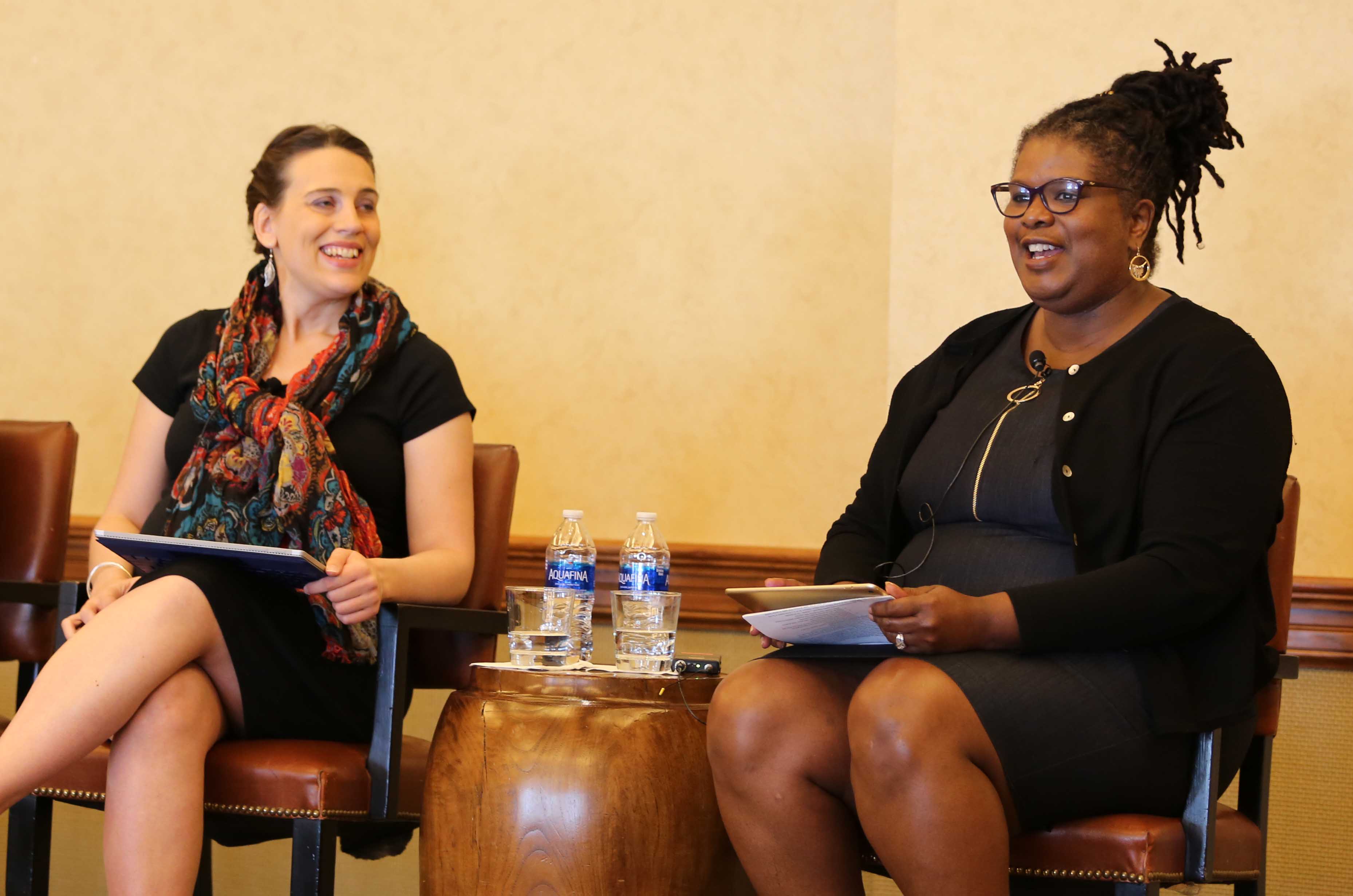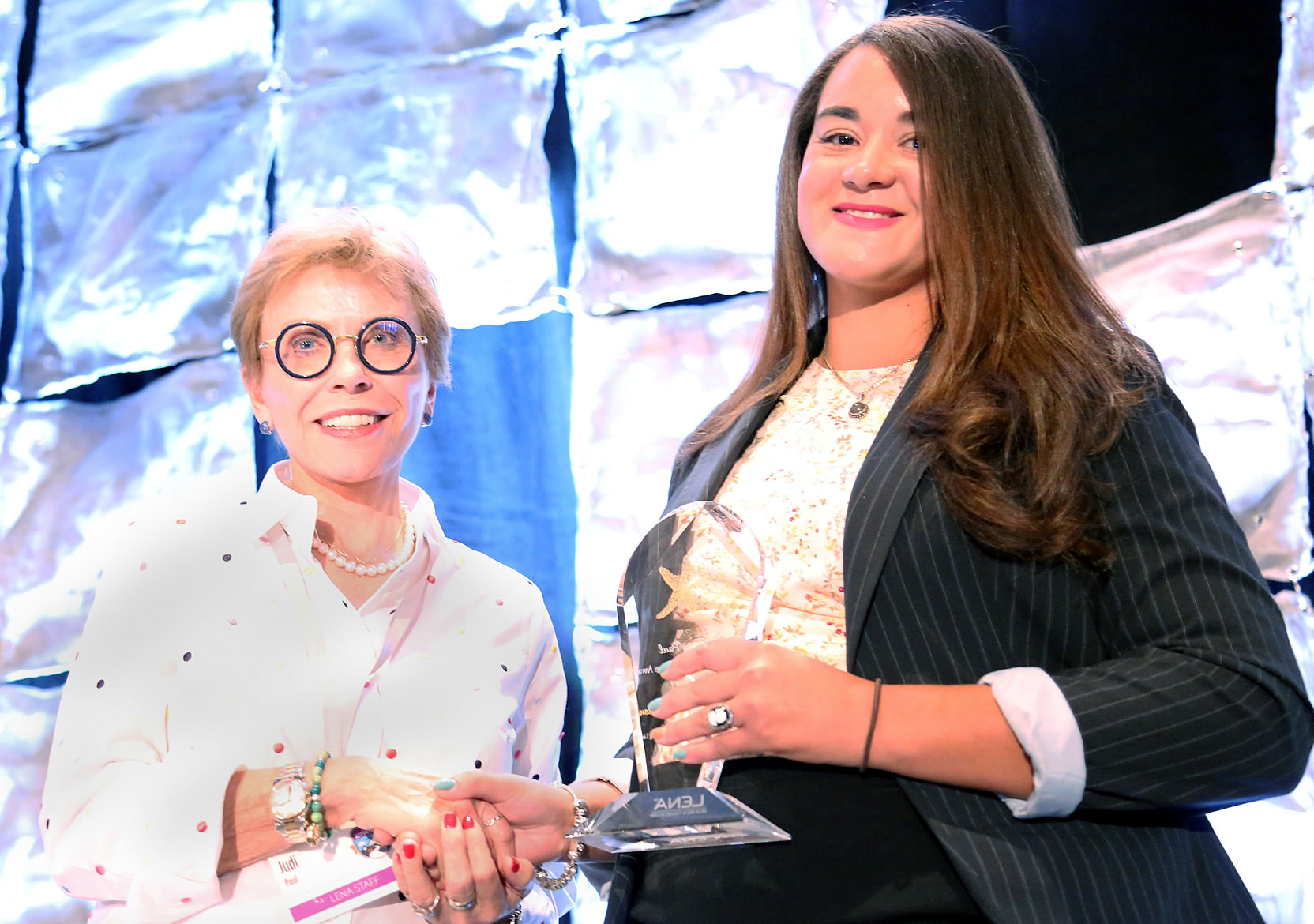
How did your work in economics bring you to the talk gap?
There is a body of literature that shows that inequality in human capital starts to open up when individuals are really young. Furthermore, a second body of literature shows that the development of certain types of skills may be subject to sensitive periods. For an economist, this means that if we want to reduce inequality in human capital formation — and language is one important dimension of human capital — we need to start early. Not only will it be the most effective period to intervene, but it will also be when the costs of intervention will be the lowest.
What role do you see investments in early childhood initiatives playing in narrowing socioeconomic gaps?
Right now, the educational system fails to narrow socioeconomic gaps because by the time children start school the gaps in human capital are already enormous. A child whose family provides a rich environment during early childhood arrives at kindergarten ready to learn. Then that child can benefit from advanced classes, graduate from high school, go to a high-quality college, graduate from college, maybe go on to graduate school. A child whose family fails to provide this rich early environment is not ready for kindergarten. As she goes from one grade to the next, the child has problems developing adequate literacy and numeracy skills, may have to receive remedial services, and is less likely to graduate from high school, go to college, and graduate from college.
So, theory and data strongly suggest that if we can improve the quality of the environment of the second child, then we will also partially affect the school experience that the second child will have. This, in turn, will lead to better socio-economic outcomes in adulthood.
"A child whose family provides a rich environment during early childhood arrives at kindergarten ready to learn."
--Flávio Cunha
You have done a lot of work to understand how parents’ beliefs and expectations impact investment choices in early childhood. What are a couple key learnings you’ve had, and how might those influence the design of parent-focused initiatives to address the opportunity gap?
There are two important lessons. The first derives from the data, the second derives from economic models that are based on the data. The first lesson is that some parents have very low expectations about how much they can influence their child’s development not only in terms of language, but also in terms of cognitive development. Second, there are several different economic theories consistent with parents having low expectations, some of which suggest that parents may revise their expectations when exposed to new information as to how they can affect their child’s own development. Other models suggest that these expectations are very rigid and that it may be very costly to change them. Having LENA as a feedback tool will allow us to verify which type of model is consistent with the evidence and to what degree we can change parental expectations with low-cost programs that provide parents with information and feedback. That will, in turn, inform future policy and how we most effectively influence parental investments in the human capital of their children.
What are you most looking forward to at the conference?
I am looking forward to the conference because it is so related to my research. I look forward to leaving energized and full of new ideas and directions for my own research after I learn all of the work that is being done by other researchers and policymakers in this area. I am also hoping that my own contributions to the conference will provide a bigger picture of why all the work that we are collectively doing in this area matters in very concrete economic terms.





